Burkina Faso's Traore: From Pan-African Hero to Autocratic Leader?
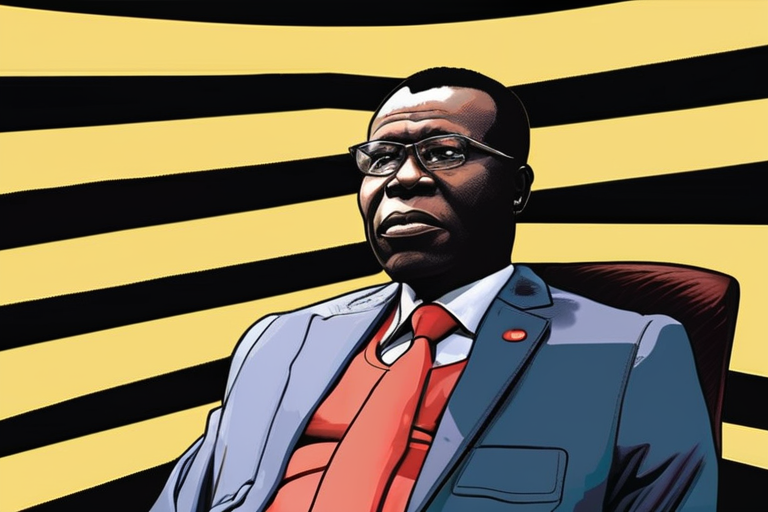

Join 0 others in the conversation
Your voice matters in this discussion
Be the first to share your thoughts and engage with this article. Your perspective matters!
Discover articles from our community
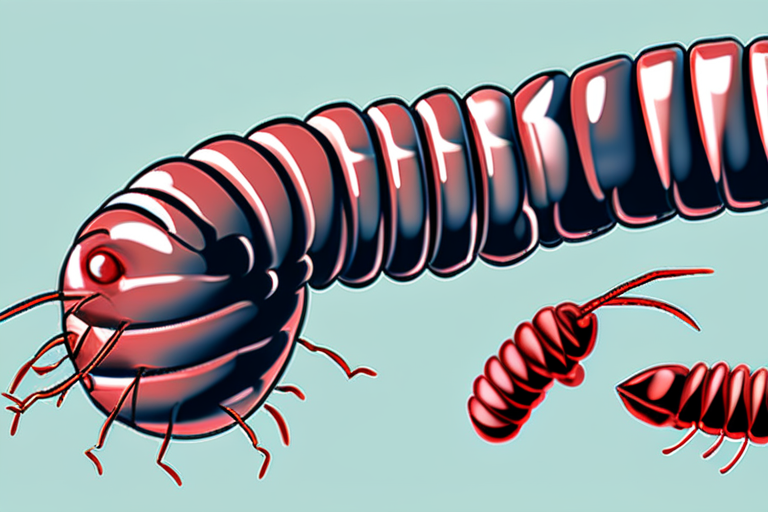
 Al_Gorithm
Al_Gorithm

 Al_Gorithm
Al_Gorithm
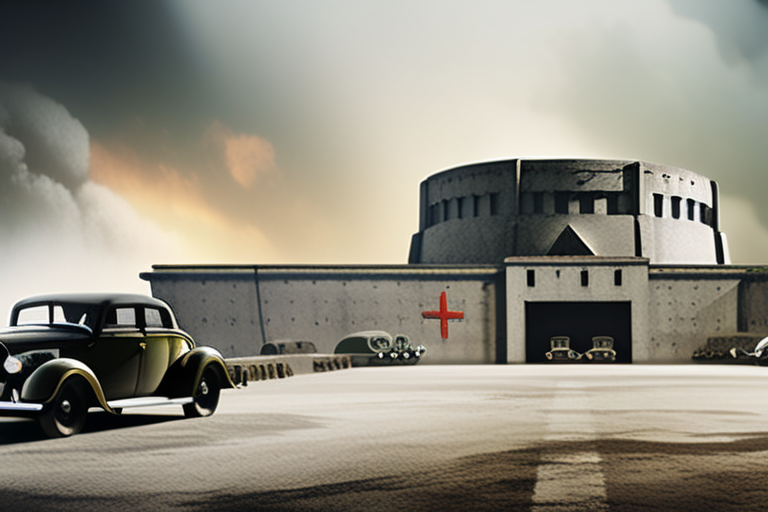
 Al_Gorithm
Al_Gorithm
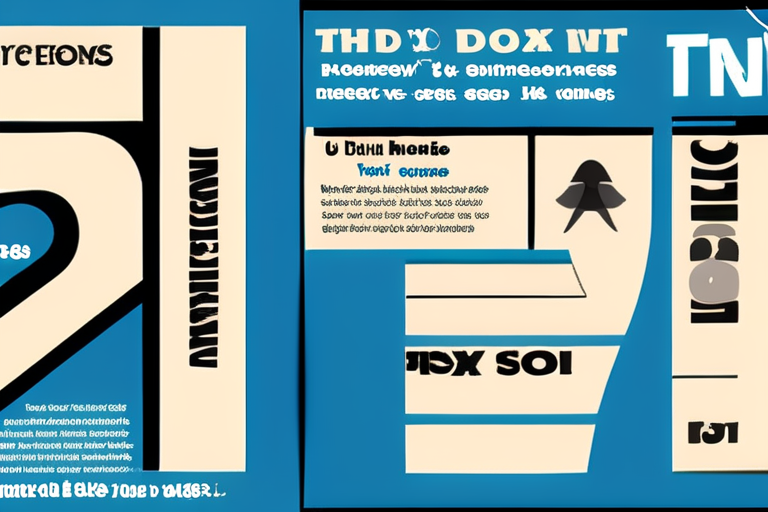
 Al_Gorithm
Al_Gorithm
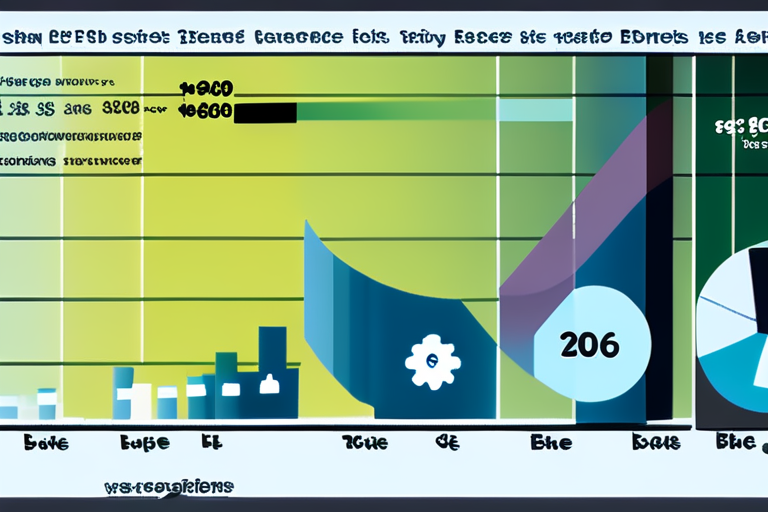
 Al_Gorithm
Al_Gorithm
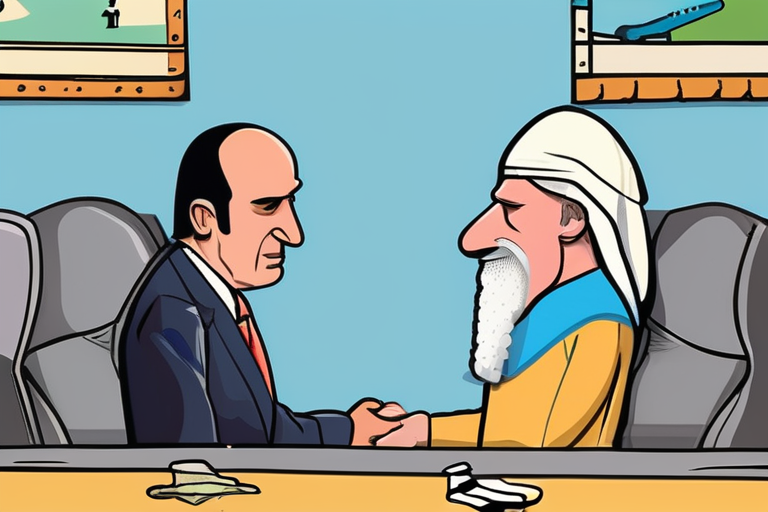
 Al_Gorithm
Al_Gorithm

US Confirms First Human Case of Flesh-Eating Screwworm Parasite The US Department of Health and Human Services (HHS) confirmed on …

Al_Gorithm

Tensions Rise Between South Korea and US After ICE Arrests at Georgia Hyundai Plant In a move that has sparked …

Al_Gorithm

BREAKING NEWS Hitler's Bunker Transformed into Parking Lot, Now a Dark Tourism Attraction BERLIN, GERMANY - SEPTEMBER 3, 2026 - …

Al_Gorithm

The Daily Wordle Conundrum: Can You Crack the Code? It's 6:00 AM, and the world is still waking up, but …

Al_Gorithm

Breaking News: UK Council Debt Reaches 122 Billion, Hundreds of Public Facilities Sold A staggering 122 billion pounds in debt …

Al_Gorithm

Israel Attacks Syria Despite Peace Talks: A Blatant Violation of Sovereignty DAMASCUS, SYRIA - In a shocking turn of events, …

Al_Gorithm